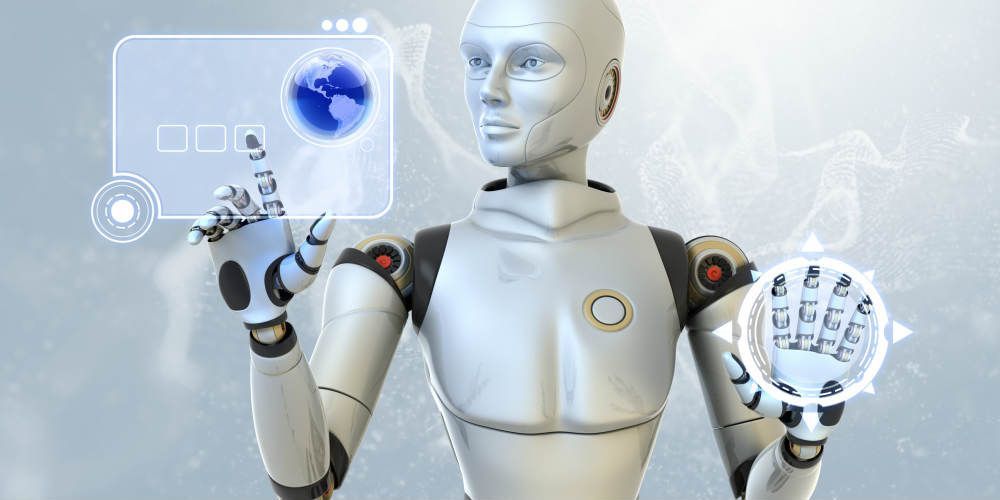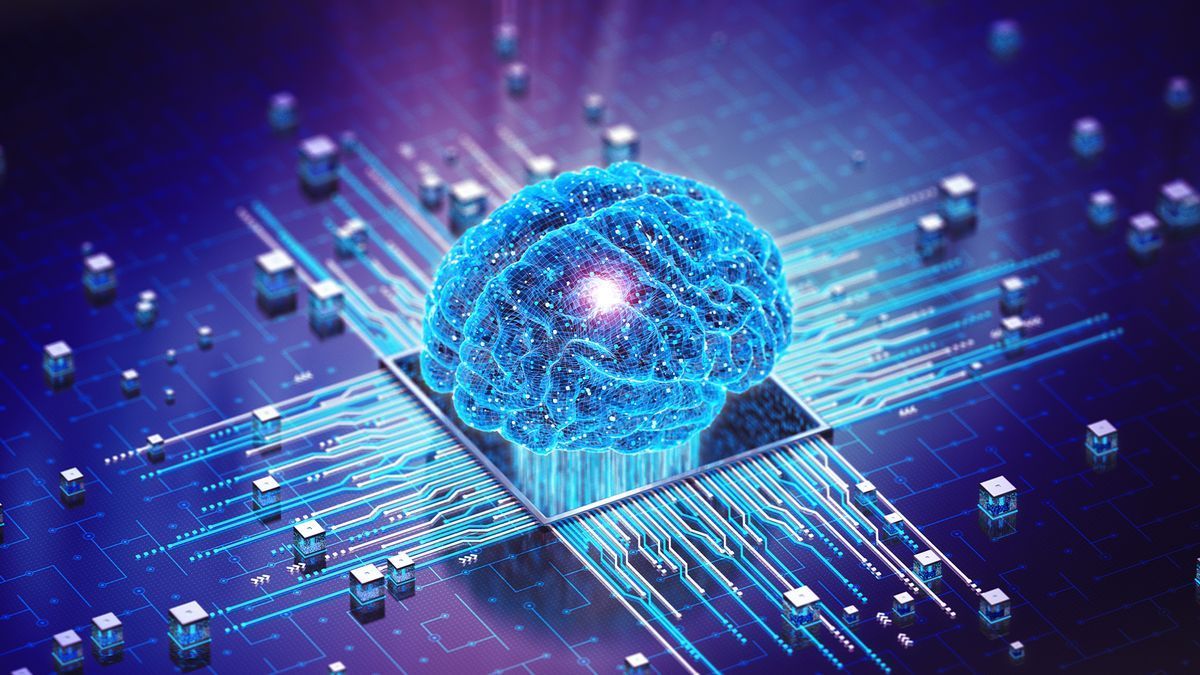Your world is going to change in the coming years. OK, let's be fair: I could have said that at any point during the last 30 years and it would have been accurate.
Unless you're deep in the weeds or in specific industries related to emerging tech, such as augmented reality, artificial intelligence, and others, some tech advancements likely took you off guard.
Of course, if you have been immersed in them, it's hard to believe that others did not see them coming. However, it's important to remember that the majority of the world's population either doesn't have the means, time, or interest to be able to tell you the differences between AR, VR, MR, and XR.
Here are five next-generation technologies that will impact your life in the coming decades, if not years.

Neuromorphic computing: When I first heard the word "neuromorphic," for some reason (likely my age) my head immediately jumped to the "Alien" movies and their xenomorphs. So, perhaps I shouldn't be championing this path as it might lead to a real-time battle in space against slimy, drooling monsters.
But, alas, then I settled down and researched more about this. Neuromorphic computing models computer components after the human brain and nervous system. I mean, that's scary enough.
Essentially, this computing aims to mimic the human brain using artificial neurons and synapses. That's going to make AI-related tech even more realistic.
Quantum computing: Speaking of terminology that sounds like it was ripped straight out of some science fiction novel, there's quantum computing. The term has grown in usage and understanding of late.
To set a base of knowledge, quantum computers use the principles of quantum mechanics to perform calculations that are impossible for traditional computers. Basically, it's your computer's processor on steroids.
But it's that ability for some quick turnaround calculations that has scientists ready to call this the next revolution in fields like medicine, materials science, and finance.

Advanced robotics: Don't mistake this for some consumer-friendly interpretations of "advanced robotics." That is, the fictionalized versions where robots are used to clean our rooms, cook us dinner, and, well, do our bidding.
Today, IRL, robots are becoming increasingly sophisticated and are being used in a wider range of industries. In the future, we can expect to see robots that can perform complex tasks, collaborate with humans, and even learn and adapt on their own.
Will they be the downfall of society and rebel against their masters? Probably but most of us will be long gone by then so no worries.

Gene editing: Listen, if we are gene editing and not introducing superpowers into society, are we really serving humanity in the best possible way? Anyway, I digress. Another emerging field of science is gene editing, which allows scientists to precisely modify DNA.
While the introduction here was tongue-in-cheek, efforts like CRISPR have the potential to cure a wide range of diseases, as well as to improve human health and lifespan.
That said, if anyone wants to take that one step further, I wouldn't hate it if I could fly.
Brain-computer interfaces (BCIs): Frankly, this is one of the most wicked fields that I have seen grow in recent years. BCIs are devices that allow computers to interact directly with the brain. That's insane.
Even very rudimentary and basic demos of this technology blow my mind. But these so-called BCIs have the potential to revolutionize the way we interact with technology, allowing us to control devices with our thoughts or even download information directly into our brains.




